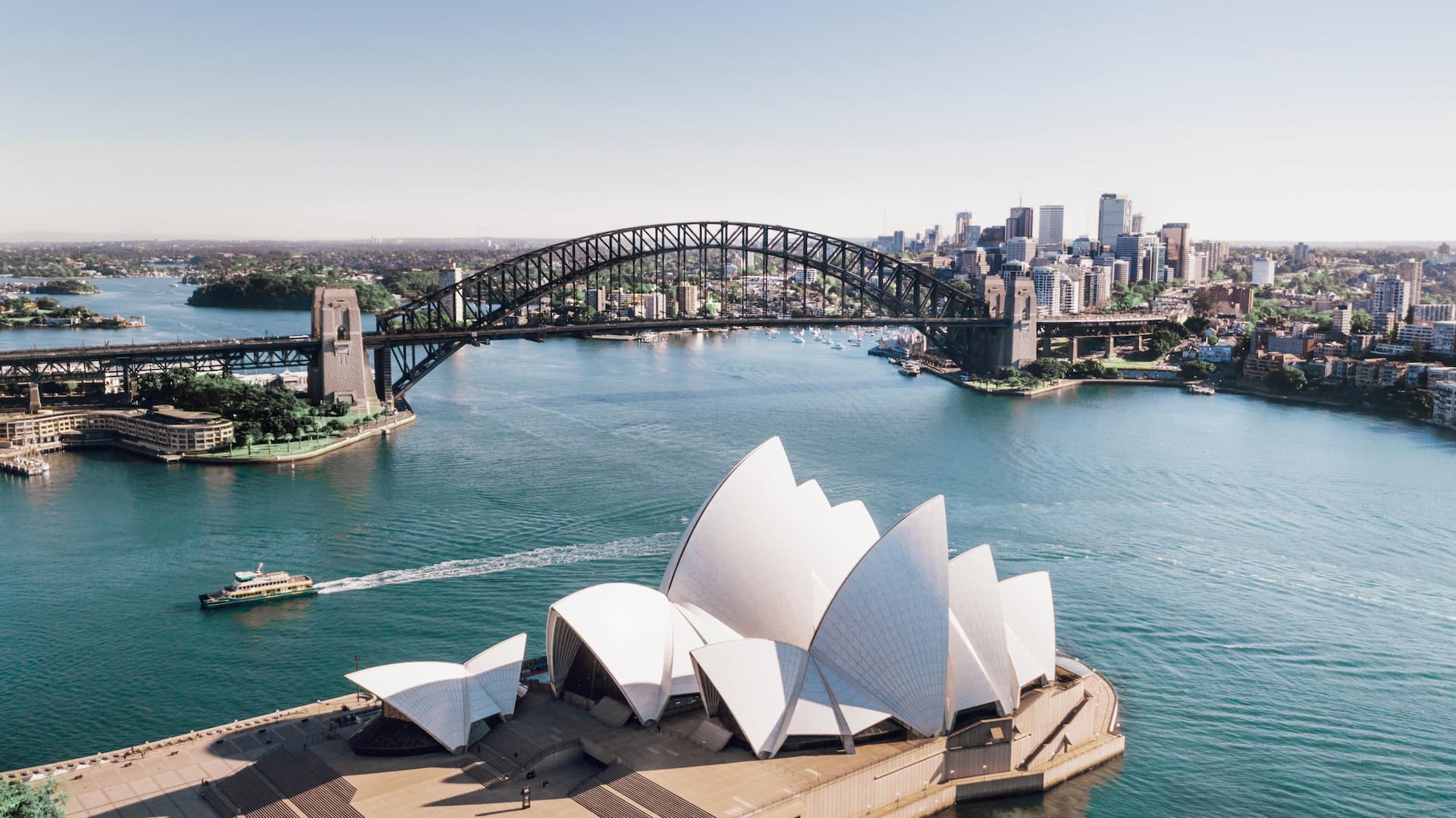This poignantly titled anthology production draws together filmmakers from Australia, New Zealand, and the South Pacific to respond to the 250th anniversary of Captain Cook’s arrival in the region. Combining eight strands from 10 directors, the film reaches into the past, dramatizing debates within Māori communities about whether to fight in the Battle of Ōrākau of 1864, for instance (Te Puuru, written and directed by Tim Worrall and Richard Curtis); and visiting the trenches of Gallipoli where a Samoan soldier bonds with a Turkish enemy during the first world war (The Uniform, written and directed by Miki Magasiva and Mario Gao).
It also ventures into the future to a slummy, climate crisis-affected world (in Blankets, written by Tiraroa Reweti and directed by Chantelle Burgoyne) and touches on more recent times. Rebel Art, written and directed by Tracey Rigney, is set during Invasion Day protests in Naarm (Melbourne) and follows a homeless young graffiti artist whose hideout is decorated with words that can double as a description of the whole film’s intent: “DECOLONISE YOUR MIND.”
Like many anthology productions, We Are Still Here is a patchwork of varied, if thematically linked, experiences. But where it differs from most anthology productions, such as the Tim Winton adaptation The Turning or the Coen brothers’ The Ballad of Buster Scruggs, is how it overcomes the stop-start nature of this genre, where movement between clearly delineated chapters tends to reduce momentum, and clip performances.
Villa Lemanu in The Uniform, written and directed by Miki Magasiva and Mario Gao. Photograph: Sydney Film Festival
There are eight core strands, but also an overarching vision. The film returns to various threads unpredictably, and the resolutions of certain chapters are left unclear, creating a mosaic-like final edit elegantly constructed by montage director Beck Cole and editor Roland Gallois (who cut Warwick Thornton’s Samson & Delilah and one segment in The Turning).
Sign up to receive Guardian Australia’s weekend culture and lifestyle email.
It’s difficult to innovate within the anthology genre due to structural limitations. One rare example is 1993’s Thirty-Two Short Films About Glenn Gould, an excitingly odd biopic presented as a series of brisk vignettes. We Are Still Here is a more dynamic experience, beginning with wonderfully globby-looking animation (Lured, written and directed by Danielle MacLean), which integrates actual people through a combination of digital painting techniques and rotoscoping, a process recently used in Richard Linklater’s lovely Netflix film Apollo 10½.

From Lured, written and directed by Danielle MacLean. Photograph: Sydney Film Festival
In this introductory segment, a mother and a daughter on a fishing expedition are interrupted by a grand old ship carrying you-know-who. A text insert announces that “in the late 18th century, the British empire invaded and claimed many territories in the Pacific”, which was “a catastrophic event for the Indigenous people”. I initially thought the animated chapter was over far too soon, but I was pleasantly surprised when the film returned to it repeatedly, an adhesive binding the experience together.
There hasn’t been much in the way of substantial cinema responding to the 250th anniversary of Cook’s arrival, perhaps reflecting shame and uncertainty in representing a man who had a devastating impact on Indigenous people. One interesting exception is the SBS documentary Looky Looky Here Comes Cooky, presented and co-written by one of Australia’s most under-used comedians Stephen Oliver.
At its peak, We Are Still Here combines meditative qualities and universe-hopping scale and ambition: the Indigenous dance movie Spear crossed with the Wachowski sisters’ Cloud Atlas. This production didn’t have anywhere near the budget of the Wachowskis’ scrambled epic, which is a limitation – the sets and decor in the chapter set far in the future are noticeably constrained, for instance. But the film is always captivating, even in its final half hour or so, when you can sense it is not quite arriving at its desired location: a roaring crescendo pulling us into ever-higher emotional states.
But We Are Still Here is unquestionably memorable and, at times, a thrilling achievement that imparts a wonderful sense of growing, expanding, and evolving, almost as if it has a life of its own. When there is so much same-same content, there is nothing else quite like this.












